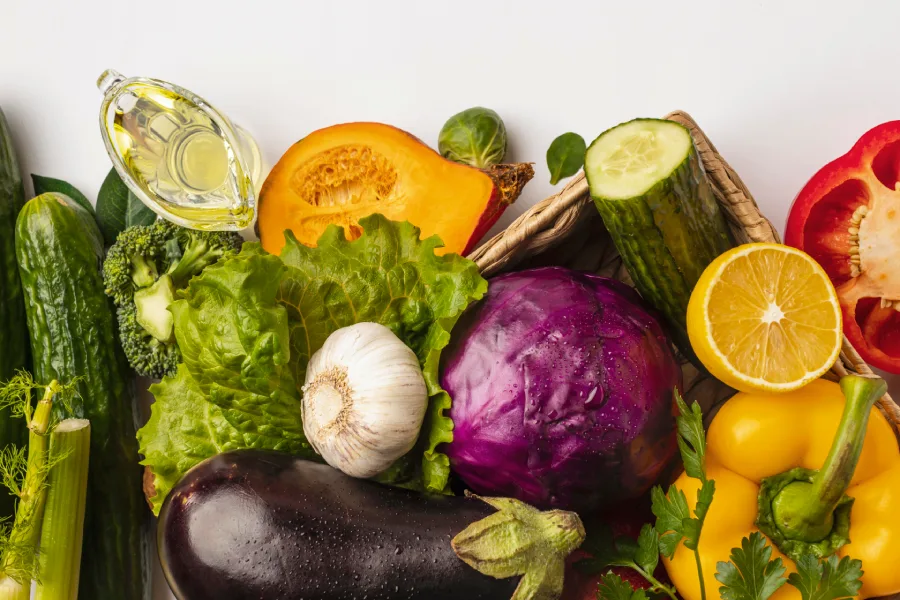
Balanced functioning of the thyroid gland is necessary for the proper functioning of other organs of the body and for the body’s energy production.
Many of the foods we eat can affect the natural production of thyroid hormone. Therefore, it is necessary for those with thyroid gland diseases to pay attention to their diet. Some of them can be known through this article.
Hypothyroidism
Hypothyroidism is the most common form of thyroid disease caused by insufficient production of thyroid hormone. This disease is more common in women than men.
Foods to be avoided / controlled
Foods that decreases hormone production are commonly known as goitrogens. Hypothyroid patients should include goitrogens in their diet only under control.
- Cruciferous/Brassica foods such as cauliflower, cabbage, and broccoli inhibit thyroid hormone production. The isothiocyanate present in them affects thyroid hormone production.
- Non-cruciferous foods like cassava (tapioca), sweet potato, radish, peanut, spinach, strawberry and mustard also contain thiocyanate.
- Isoflavones, found in soybeans, apples, oranges, and green tea, also inhibit thyroid hormone production.
- Limit consumption of wheat, flour, tea, coffee, artificial drinks and fried foods.
Attention
- Goitrogens don’t need to be completely avoided, just limit them in your regular diet.
- In hypothyroidism caused by total removal of the gland (thyroid surgery), goitrogens are not contraindicated.
Foods that can be taken
Iodine is an essential nutrient for hormone production. A certain amount of iodine from food is essential for physical growth and intellectual development. It is estimated that a daily diet should contain about 150-200 micrograms of iodine. Fluctuations in iodine levels can worsen thyroid diseases.
- Seafood, shrimp, iodized salt (powdered salt), milk and milk products, eggs, beef, legumes, and legumes are foods that help increase iodine levels.
- Foods like whole grains, fruits, berries, and those rich in zinc and vitamin D are helpful for hormone production. Be sure to include plenty of these in your diet.
Hyperthyroidism
Hyperthyroidism is a condition caused by excessive production of thyroid hormone.
- Foods to be avoided / controlled: Hyperthyroid patients should reduce the consumption of iodized salt, sea fish, egg yolk, milk and milk products, which increase the production of thyroid hormone.
- Foods that can be taken: Cruciferous vegetables, soy products, low iodized salt (salt), cereals, coffee and tea are recommended for hyperthyroid patients.
Other thyroid diseases
There is also a possibility of having various swellings / lumps or nodules in the gland. If there is only one nodule it is called Solitary Thyroid Nodule and if there are more than one nodule it is called Multi Nodular Goiter (MNG). Diseases caused by inflammation in the gland are also known as thyroiditis.
People with these diseases should follow the above dietary restrictions in proportion to the level of hormone in their body. It is generally better for them to reduce the amount of goitrogens.
Most foods that contain goitrogens are highly nutritious, and the benefits of eating them outweigh the risks. As with most things in life, moderation is best with these foods.
If you have dietary concerns or want to make sure your diet is on track, consult a health care professional.